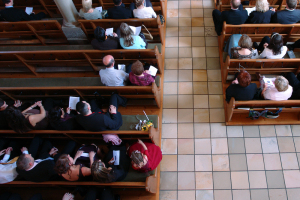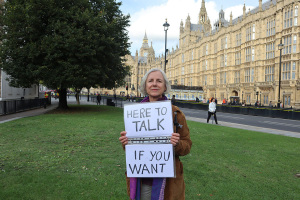Facebook Organ-Donation App: What Good Can It Do?
Facebook is venturing into new territory with a new feature for its timeline. Users will be able to announce to the world whether they are organ donors, which is certainly something many are proud about, but will the feature do any good?
Facebook's creator Mark Zuckerburg had announced earlier this week that the site would be unveiling a "life-saving tool," which some thought was a response to the increasing suicides people were committing while using the media site to broadcast the news. Instead, Zuckerburg revealed that the tool was actually a feature to the site that would promote organ donation among users.
"What we hope will happen is that by just having this simple tool, we think that people can really help spread awareness of organ donation and that they want to participate in this … That can be a big part of helping solve the crisis that's out there," Zuckerburg told Good Morning America.
According to SlashGear.com, several states have seen an increase in their organ donor statistics. At least 10,000 people used the Facebook application to declare themselves donors, leading to an overall increase of 100,000 in two states alone just one day after the application launched.
"More than 114,000 people in the United States, and millions more around the globe, are waiting for the heart, kidney or liver transplant that will save their lives," a section on Facebook's page said. "Many of those people- an average of 18 people per day- will die waiting, because there simply aren't enough organ donors to meet the need."
"I think it's possible that we will see an impact over the next couple of years, where we would imagine eliminating the transplant waiting list," Dr. Andrew Carmen told ABC News.
Yet there are skeptics who wonder just how helpful the application will be. The majority of transplants come from recently deceased people, so those who choose to add the feature to their Facebook page would only be able to share their decision with the world, not guarantee that their organs would be transplanted.
"If you checked the box that says 'organ donor' when you got your driver's license (in most states), then you are put in this same organ donor registry for your state," observed Wired reader Michael Slater.
"Why would medical companies choose to acquire this information when they could also, in the same vein, access it through the DMV?" asked Fortis Imago.
The majority of people choose to become organ donors by checking the box on their licenses, but as we move into a digital area, is this the new way of "checking the box"? Will this momentary increase in organ donation registration be a passing trend, or will serious progress be made in order to place organs with those who need them?





























